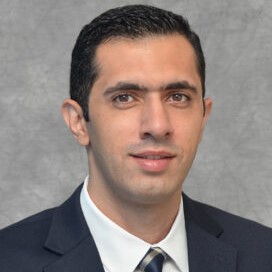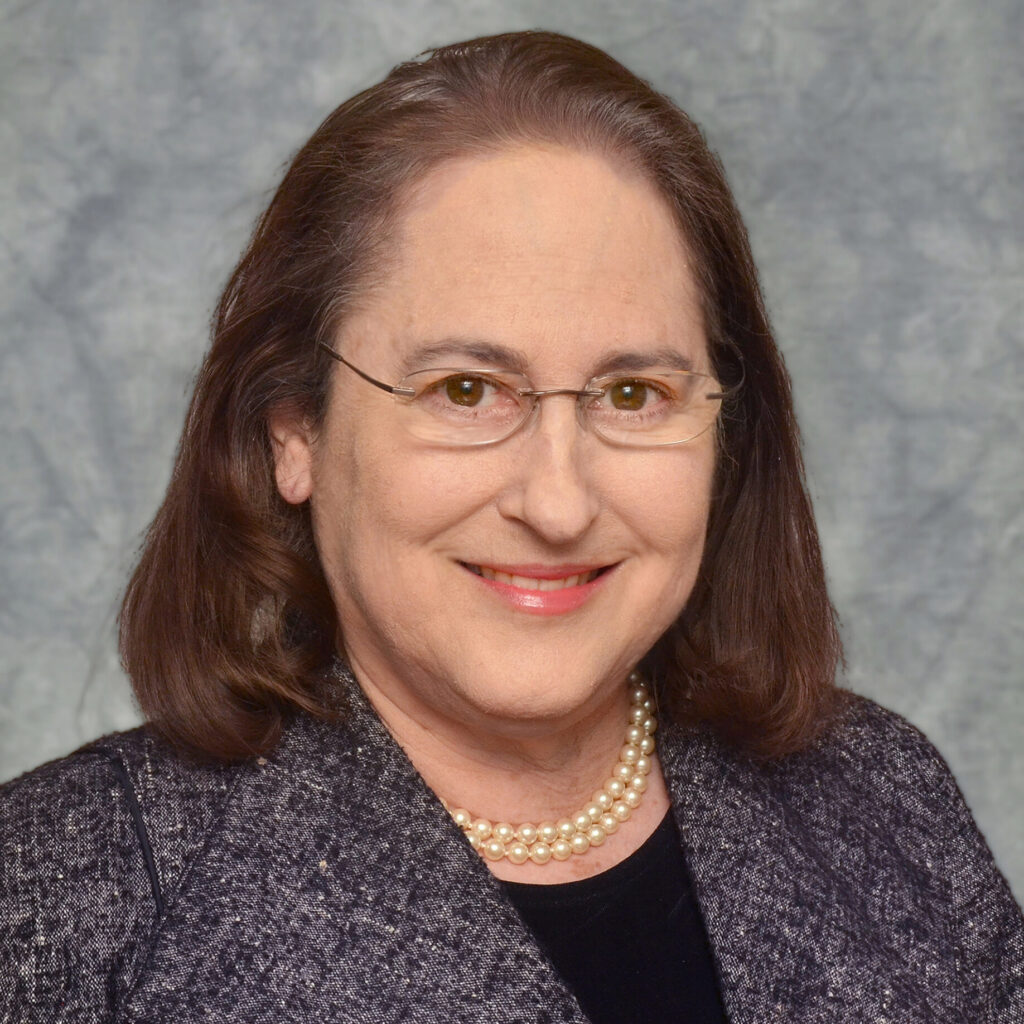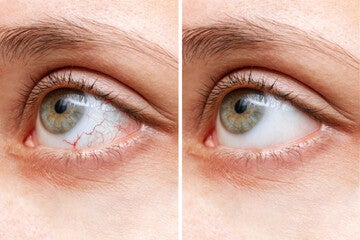Dry Eye/Ocular Surface Disease
Ocular surface disease (OSD) is a broad term that refers to dry eye disease (DED) and other related disorders affect the surface of the eye. DED is among the most common types of OSD and occurs when an individual’s flow of tears inadequately lubricates the eyes. At the University of North Carolina Department of Ophthalmology, three American Board of Ophthalmology-certified, fellowship-trained ophthalmologists provide consultation/diagnostic care and medical management for DED. When medical management proves unsuccessful for DED, our three eye specialists discuss procedural options with patients. Surgical care for DED is provided at UNC Hospitals Hillsborough as needed.
The ocular community’s clinical understanding of DED has grown significantly as the prevalence of systemic conditions associated with DED grows. When systemic conditions linked to DED are detected, such as Sjögren’s syndrome (SS), our DED specialists make referrals to the appropriate UNC Ophthalmology subspecialty area for treatment.
UNC’s three DED specialists — Professor of Ophthalmology Beth R. Friedland, MD, Assistant Professor Hussam E. Banna, MD, and Assistant Professor Sinthu Ranjan, MD — all provide consultative/diagnostic care and medical management for DED at UNC Kittner Eye Center in Chapel Hill. These three DED specialists practice at additional UNC Health locations clinics across the Triangle where UNC Ophthalmology offers clinical care: 1) UNC Park Ophthalmology in Raleigh (Friedland); UNC Eye Holly Springs (Banna); and UNC Eye Roxboro (Ranjan).
To learn more about symptoms and treatment of dry eye disease from the NIH National Eye Institute (NEI), click here.



